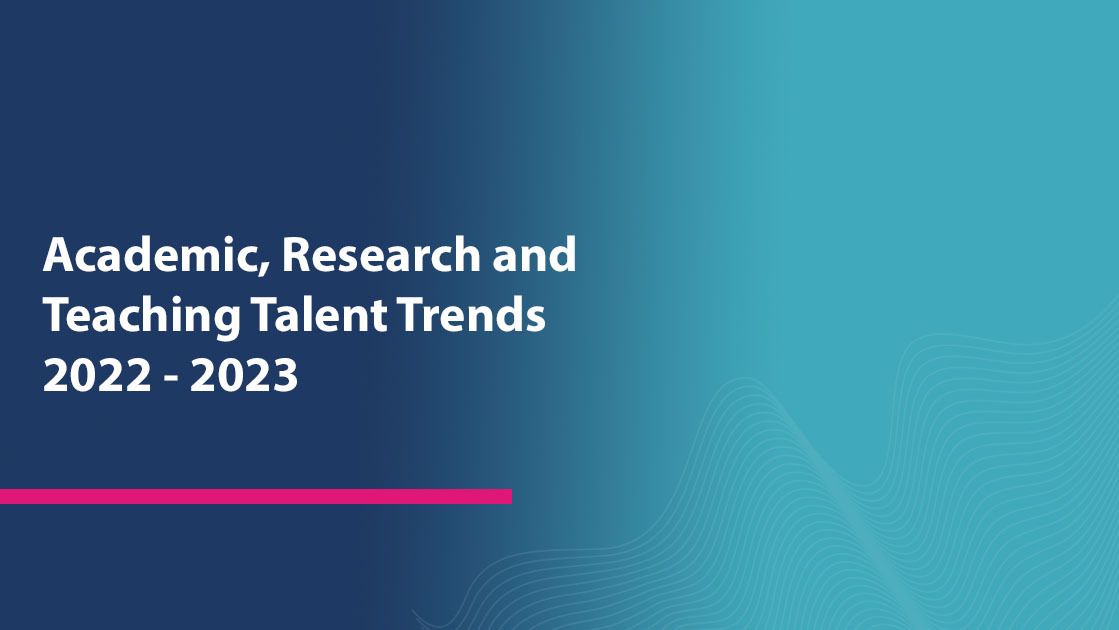Over the last year, sustainability, inclusivity and diversity, well-being at work and the evolution of digital platforms have emerged as some key trends within Higher Education’s (HE) workforce and recruitment.
Attracting the best talent remains a central focal point in each university.
Strong growth in the Higher Education sector is proven by the sheer volume of opportunities advertised for this academic year, with 74,824 job adverts posted in August 1st, 2022 to July 31st, 2023.
During this period, 43% were academic, research and teaching positions, 51% were professional, managerial and support roles and 6% were Masters and PhD studentship opportunities.
Well-being and flexible working continue to evolve further as the trend increasingly moves towards a hybrid model.
On average, adverts for academic, researcher & teaching roles attracted 785 views. 87% were offered on a full-time basis, and 58% were for permanent roles.
We formatted the report to replicate the Research Excellence Framework academic categories and found that Category A – consisting of Psychology, Agriculture Food and Veterinary, Biological Sciences and Health and Medical – was the most populated with 13,591 opportunities across the disciplines.
If you would like to see the complete report, you can download it here.


Share your comments and feedback